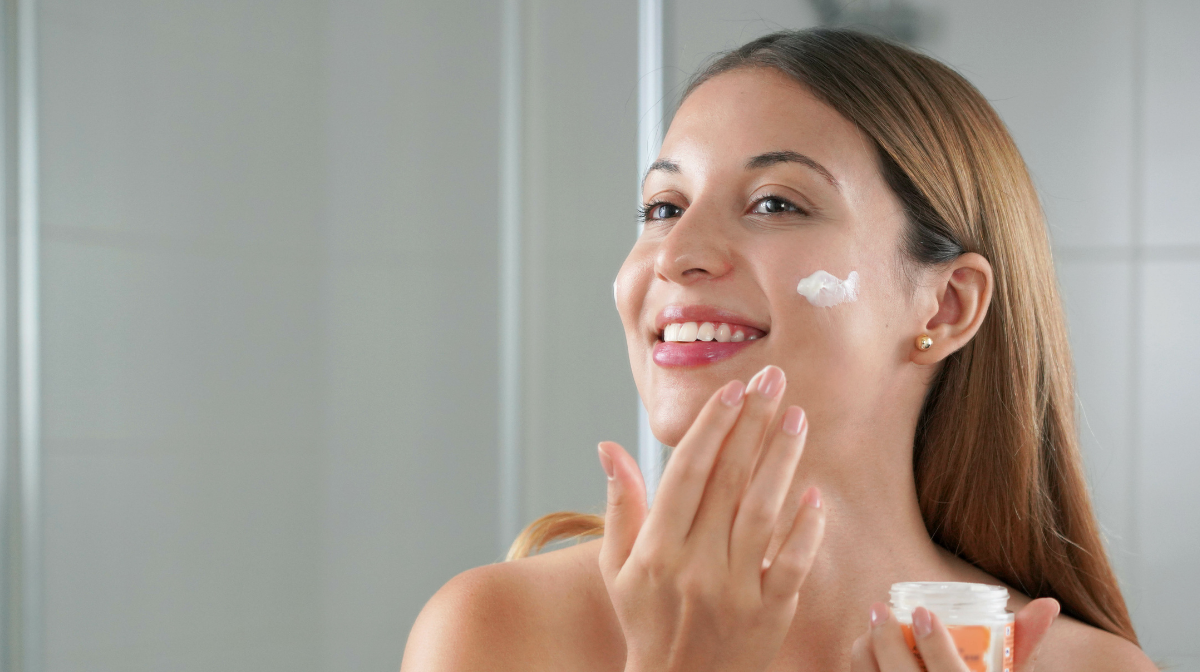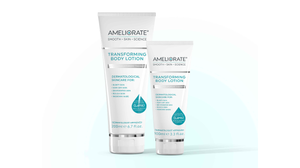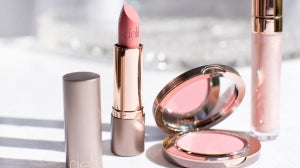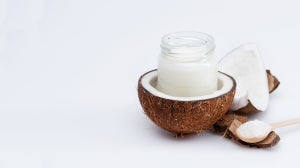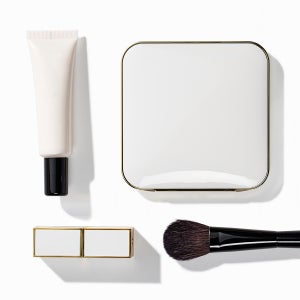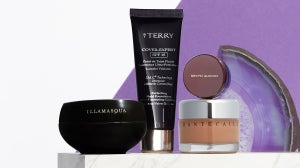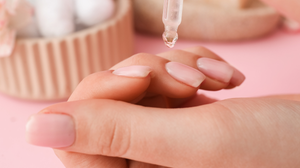
If you’ve been hearing whispers about retinol being banned or restricted, we're here to clear up some confusion.
So, before you start clearing your bathroom cabinets – or panic-buying all of your hero products, let's discuss the latest news on the EU’s new rules surrounding this ingredient.
The Latest on the UK's New Rules on Retinol
You might find yourself wondering what the deal is with retinol use in the UK, and whether your favourite products are about to disappear from the shelves. Well, not exactly, but there are some changes you need to be aware of.
The EU has recently introduced regulations that limit the concentration of it in cosmetic products.
Specifically, the maximum allowable concentration of retinol in leave-on and rinse-off face products is now capped at 0.3%. For body products, the limit is even stricter, with a maximum concentration of just 0.05%.
These new rules aim to ensure products remain effective, while being used safely and responsibly to avoid the overuse of retinol.
However, the timeline for enforcement gives brands and retailers some time to adjust.
New products placed on the market must comply by late 2025, and any non-compliant products must be off the shelves by 2027. So, while you’ll still be able to get products containing it, they might be slightly less concentrated than what you’re used to.
THG Labs explains, "the new EU regulations are a proactive step to balance the benefits of retinol with consumer safety.
By capping the concentration, it ensures that people can enjoy the anti-aging effects without putting their skin at risk over over use."
Note: It may be worth noting that prescription retinoids are largely exempt from this, and will be managed by a health professional.
Why the Overuse of Retinol is Discouraged
While it’s thought to be a skincare powerhouse, it’s not without its drawbacks, especially if used incorrectly.
Kirsty Gainey, Account Head of R&D at THG Labs states, "retinol encourages the turnover of skin cells, which can improve visible signs of aging. However, if overused, it can disrupt the skin’s natural barrier.
This could leave the skin more susceptible to dryness, redness and irritation, as the compromised barrier is less able to protect against environmental factors like UV, and other skincare products."
As the beauty industry adapts to these new rules, it’s clear that consumer safety is at the forefront of these changes.
So, while you might see some tweaks to your favourite products, be rest assured that they’re formulated with you and your skin in mind.
Want to learn more about retinol? Discover our expert guide today to learn how you could implement it into your skincare routine.

